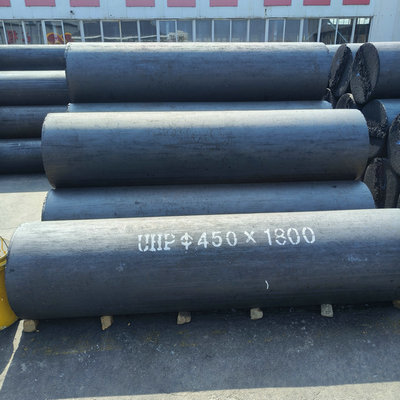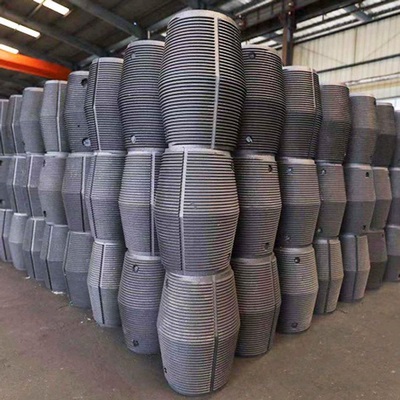China produces 90 percent of the word’s gallium and 60 percent of germanium. Likewise, it is the world’s number one graphite producer and exporter and refines more than 90 percent of global graphite.
China,is again making headlines with its newly announced regulations on graphite electrode exports. Starting from December 1, the Chinese government will be implementing stringent measures to safeguard national security by requiring export permits for some graphite products. This move comes as a response to growing challenges from foreign governments and aims to strike a delicate balance between protecting domestic interests and maintaining healthy international trade relations.
Graphite electrodes, a critical component in the steelmaking industry, have been in high demand globally. With its exceptional conductivity and heat resistance, graphite electrodes play a pivotal role in electric arc furnaces during the steel production process. China, as the world’s largest producer and exporter of graphite electrodes, has a significant influence on the global market. However, concerns about the environmental impact of graphite production and the potential disruption to the global supply chain have prompted the Chinese government to take proactive measures.
The Ministry of Commerce’s decision to establish export permits for some graphite products is a clear indication of China’s commitment to addressing these concerns. By implementing such restrictions, the Chinese government aims to ensure sustainable and responsible graphite production, reducing the negative environmental impact caused by irresponsible mining practices. Additionally, this move is intended to promote efficient resource allocation and prevent unnecessary stockpiling, which can lead to market volatility and price fluctuations.
National security has been a prominent concern for China in recent years. As the country faces increasing competition and challenges from foreign governments, safeguarding its industrial capabilities is essential. Graphite electrodes, being a critical component of the steel industry, have strategic importance, making them a potential target for foreign interference or disruption. By implementing export permits, China seeks to protect its domestic steel production and maintain stable prices, thus ensuring its national security interests are adequately protected.
While the imposition of export permits may raise concerns among international steel producers and consumers, it is crucial to understand the necessity and rationale behind these restrictions. The Chinese government is not seeking to stifle global trade or exert control over the market; rather, it aims to strike a balance that is both favorable for domestic industries and conducive to international cooperation. By implementing export permits, China can maintain a steady supply of graphite electrodes to its domestic steelmakers while ensuring fair and transparent trading practices with its international partners.
It is worth mentioning that China’s decision to restrict graphite electrode exports is part of a broader trend of increasing scrutiny on critical mineral exports. As countries become more aware of the geopolitical implications of their mineral resources, they are taking steps to safeguard their supplies. China, as a major player in many critical mineral markets, is merely joining this global trend. It is essential for all stakeholders involved to recognize the mutual benefits of such measures and work together to establish a fair and sustainable global trade system.
Moreover, the Chinese government’s actions should encourage the development of alternative sources for graphite electrodes. Diversifying the global supply chain will reduce the reliance on a single country and mitigate the potential risks associated with trade restrictions. This could lead to increased investment in graphite electrode production in other countries and, in turn, create a more competitive and resilient global market.
In conclusion, China’s decision to implement export permits for some graphite products is a response to both environmental concerns and national security interests. By imposing these restrictions, China aims to enable responsible graphite production, protect its domestic steel industry, and create a sustainable global trade environment. It is vital for all stakeholders to approach this development with open dialogue and cooperation, striving to strike a delicate balance between national interests and the interconnectedness of the global economy.
Post time: Oct-26-2023








